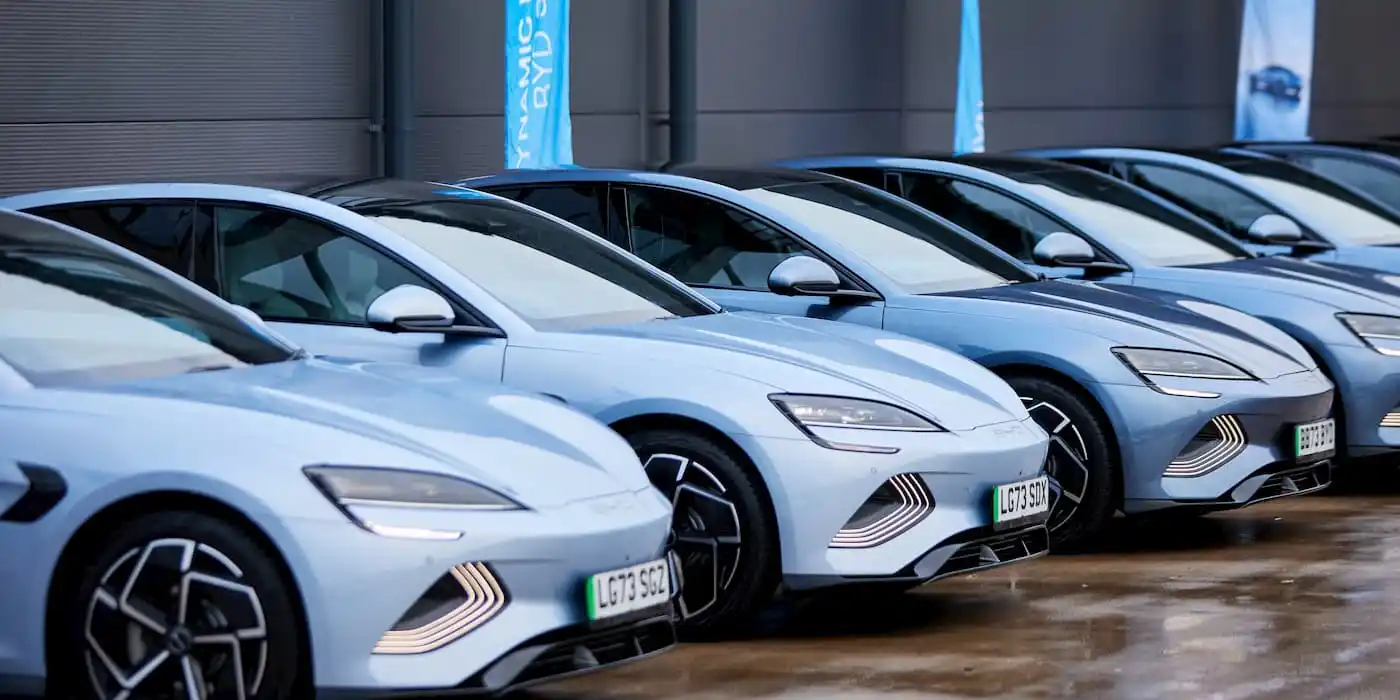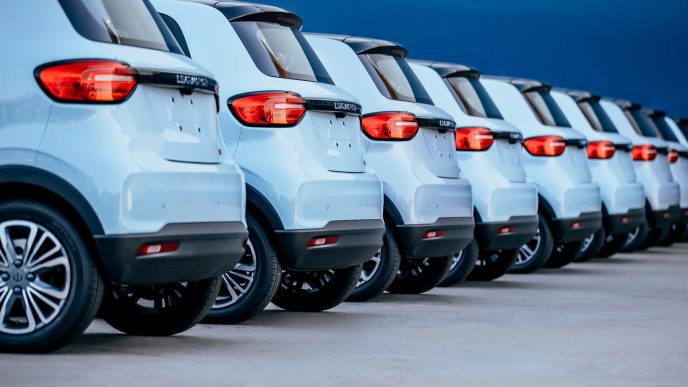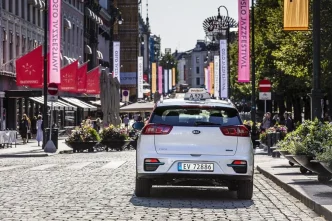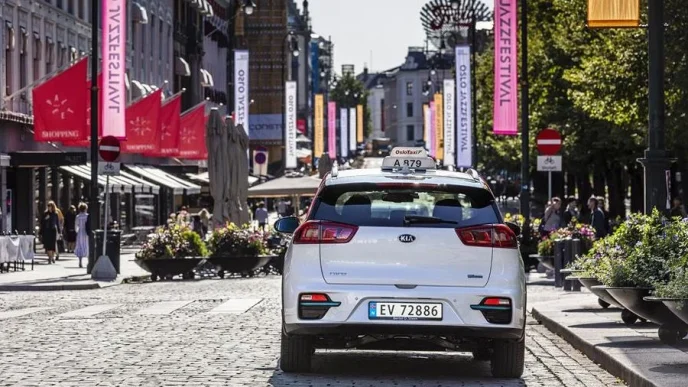Italy’s government, led by Prime Minister Giorgia Meloni, is proposing a reduction of approximately €4.6 billion ($5 billion) in funds initially allocated to support the national automotive industry between 2025 and 2030. This move, detailed in a draft of the 2024 budget, has stirred significant opposition, especially as the global electric vehicle (EV) market faces sluggish sales due to uneven policies on green incentives. The reduction affects automakers including Fiat-maker Stellantis, which has had to adjust its strategies to navigate shifting market conditions.
The proposed cuts have been criticized by the Italian automotive lobby group ANFIA, which called the reduction “an unacceptable surprise that blatantly contradicts the important work that the government is doing in Europe in favour of the sector to improve regulation.” Gianmarco Giorda, Managing Director of ANFIA, commented on the challenging timing, saying, “With so many ongoing issues, including transition to electrification, soft market demand in Europe and declining production in Italy, this is not supporting confidence.”
Under the previous administration of Mario Draghi, Italy had set aside €8.7 billion in support funds for the automotive sector through 2030. However, current Economy Minister Giancarlo Giorgetti’s budget proposal reallocates €4.6 billion out of the €5.8 billion planned for the period 2025-2030, with most cuts concentrated between 2028 and 2030. This budget draft, pending parliamentary approval by December, has drawn calls from the opposition Democratic Party (PD) for Industry Minister Adolfo Urso to step down. PD lawmaker Vinicio Peluffo argued that Urso’s leadership fell short, stating, “Urso, who did not even realise Giorgetti gave him no room for manoeuvre, shows that he is not up to the task.”
Minister Urso responded by emphasizing his commitment to supporting Italy’s automotive industry through its green transition, noting, “All resources will go into production investments with a focus on components, which is Italy’s real strength.”
The reallocation of funds could strain relations between the Italian government and Stellantis, the country’s only major automaker. The administration has previously voiced dissatisfaction with Stellantis for its reduced domestic output and relocation of production for certain models, such as Fiat, Lancia, and Alfa Romeo, to plants outside Italy. Stellantis, meanwhile, has been in discussions with the government about increasing its Italian production to one million units, which CEO Carlos Tavares has indicated depends partly on continued government incentives. In a recent parliamentary hearing, Tavares remarked that “Italy had earmarked far less funding than other major EU nations for supporting the auto industry.”
This funding shift highlights the larger pressures on Europe’s auto industry, as evidenced by Volkswagen’s recent announcement to close several factories in Germany, potentially laying off tens of thousands of workers. The proposed cuts and evolving industry dynamics underscore the challenges automakers face as they navigate both economic pressures and the push toward a green transition.
Source: Reuters










